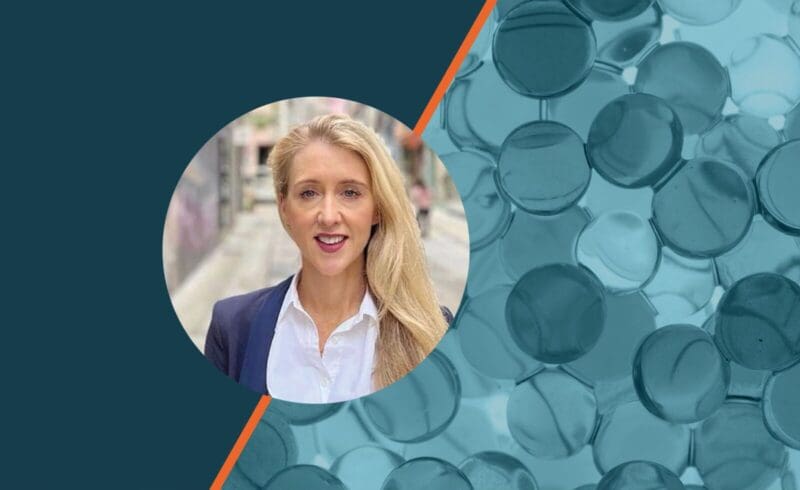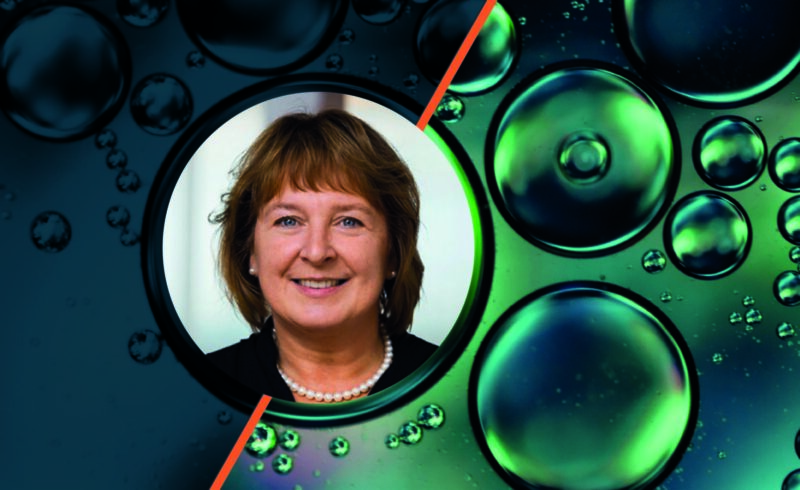On Thursday 20th June 2024 I joined a panel of experts to discuss diversity, equity and inclusion in action at the OWIT Geneva Gala Dinner.
I was joined on stage by:
- Jane Hoskisson, Director, Talent, Learning, Engagement and Diversity, IATA
- Karin Rupp Baertschiger, Head of Inclusion, Diversity and Equity (IDE), Skyguide
- David Vaury, Director, Sustainable People & Organisation Transformation, PwC
- Tanguy Dulac, CEO & Founder PeopleCentriX
We were also joined by Doug Manuel, an ex-BBC documentary producer, who delivered a fantastic keynote.
In this article I share the invaluable insights that were discussed at the event.
Takeaways from the keynote: “If we don’t go within, we go without”
Doug opened the gala dinner with a bang (literally), as he got attendees up on their feet with some African drumming.
Having spent a considerable amount of time learning to drum in West Africa, Doug also learnt about the true value of collaboration and communication. He demonstrated how drumming forces people to align through a quick rhythm workshop with the audience, which highlighted that, to come together in unison, people need to be aware of both themselves and others.
Doug went onto share that, like drumming, building an inclusive organisation is a 3-step process:
- Development of self
- Purpose
- Mindset
- Engagement and passion
- Active listening
- Developing of awareness of others
- Empathy
- Authenticity
- Courage
- Creating group synergy
Doug concluded his keynote by sharing that DEI isn’t about ticking boxes; it’s about connection. Humans are creatures of habit and, to implement real change we need to be present and practice active listening, which allows space for positive change.
4 key insights from the panel
Following the keynote, the panel then took to the stage to discuss DEI in more detail. Through a series of questions, delivered by Jane Hoskisson, we were invited to share our experiences and knowledge on the challenges of successfully implementing a DEI strategy.
1. How do we drive diversity in the workplace?
The panel discussed the idea that diversity is all about “people sustainability”, and for an organisation to improve DEI, they first need to work on the culture. Success has been seen when KPIs are set, upskilling is regularly delivered, and leaders are incentivised to act responsibly.
We also shared that, to have an authentic DEI strategy, it’s critical to discover what women want from a role and organisation, rather than making assumptions. As part of the research Proco Group did for our 2024 International Women’s Day report, we asked women in our network what would encourage them to move jobs. We identified 3 common denominators across all the regions we operate in:
- A company’s culture
- Representation of women at board level
- Opportunities to progress
2. What are common barriers to improving DEI, and how do we overcome them?
To kickstart this question, we explored research conducted by PeopleCentriX. They looked at 50,000+ career journeys in Switzerland and found that women are less likely to be promoted. The research also showed that the failure rate in leadership roles is 20% higher for women.
We discussed how, when women are put into senior and leadership roles, the right structure often isn’t in place for them to succeed, and these women then struggle. Rather than just having quotas in place, an organisation should set a direction of travel that has clear intent.
One example of setting direction is IATA’s flagship 25by2025 initiative, that was launched to improve gender balance in aviation. Since launching the initiative, they have seen the number of women CEOs grow from 3 to 28.
Continuing the conversation, we then explored the disconnect between the number of women in entry- and mid-level roles compared to women in senior positions within Consumer markets.
A recurring theme is that, whilst more women enter Consumer markets than men, we still see more men holding leadership positions. This finding resonated with the audience.
"When asked to put their hands up if their organisation had a balance of men/woman of at least 45%, only a few hands shot up in a room of 60 people."
Reflecting on this issue within the Aviation industry, we talked about the fact that it’s dominated by men and the high retention levels within the industry prevents new people coming in at leadership level. People tend to stay within the Aviation industry, and usually the same organisation, for the duration of their careers. This means it’s a big challenge to open up the leadership.
When discussing how to tackle this issue, it was highlighted that the shelf life of a competency is 5 years. If an organisation is complacent with the leadership team they have in place, and their leaders don’t actively upskill themselves, the organisation will miss out on new skills that will deliver success. We concluded that employers have a moral obligation to upskill their employees and build their future skills workforce.
3. How much progress has there been from an Executive Search perspective?
In short, DEI in hiring is definitely getting better. However, there are differences in the progress made between regions.
For example, as a member of the audience shared, Iceland has achieved better gender parity that other countries, in part due to the countries track record of having a woman prime minister, as well as the in-coming president-elect.
In contrast, Japan still has a large gap between the numbers of men and women in leadership positions. We touched on the remarkable story of Mitsuko Tottori, a Japanese woman who went from being cabin crew to the CEO of Japan Airlines. Her career journey is unique in Japan and demonstrates that women can take on leadership roles without having the same paths and opportunities of their male counterparts.
4. Getting new people into leadership positions is only step 1. What do organisations then need to do to improve retention?
For the final question, each member of the panel was asked to share one key way organisations can improve retention.
- Karin highlighted that their focus should be on increasing diversity and improving the foundation of inclusion. Jane echoed this, sharing that an organisation should represent the diversity of the world they serve.
- For David, organisations need to listen to – and respect – everyone’s needs. Their managers and leaders need to develop better emotional intelligence, proactively listen and have an open mind in conversations with their teams.
- Tanguy identified the need to move away from similarity bias, add that an organisation should focus on an individual’s potential to grow rather than their past.
- One key way I identified is having fair parental leave policies in place as this removes the assumption that a woman will be off work for a long time when they have a child and reduces the likelihood that they’ll be passed over for a new role or a promotion.
I’d like to extend thanks to OWIT Geneva for delivering a fantastic event, and also to my fellow speakers for sharing their insights and expertise. Whilst the world is far away from achieving gender parity, it’s fantastic to hear what organisations across different industries are doing to accelerate the progress and drive diversity forward.
For a discussion about your hiring and Diversity and Inclusion strategies, or to receive Proco Group’s 2024 International Women’s Day report, please don’t hesitate to get in touch.




